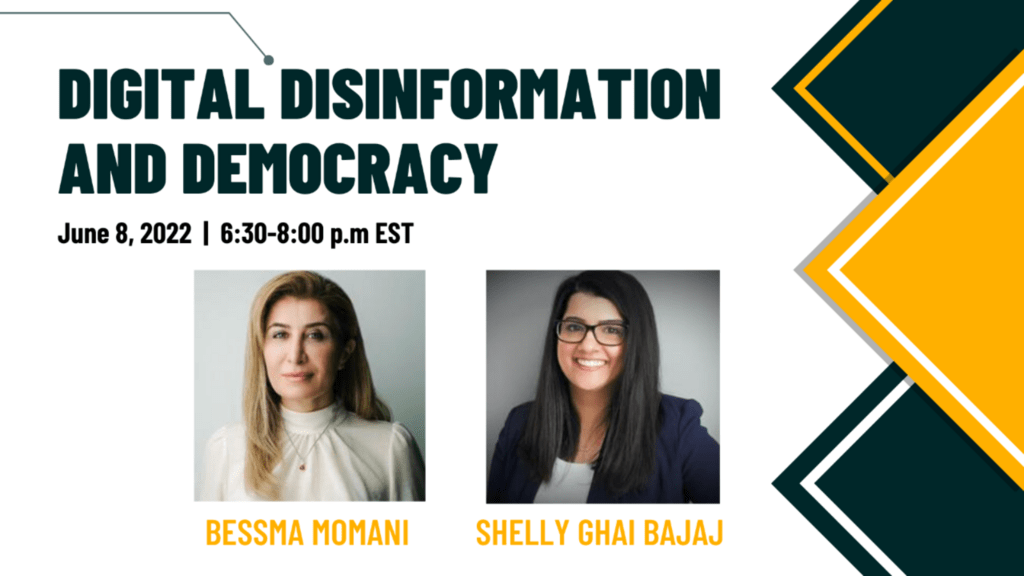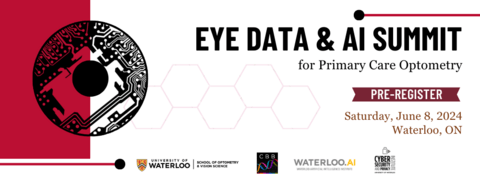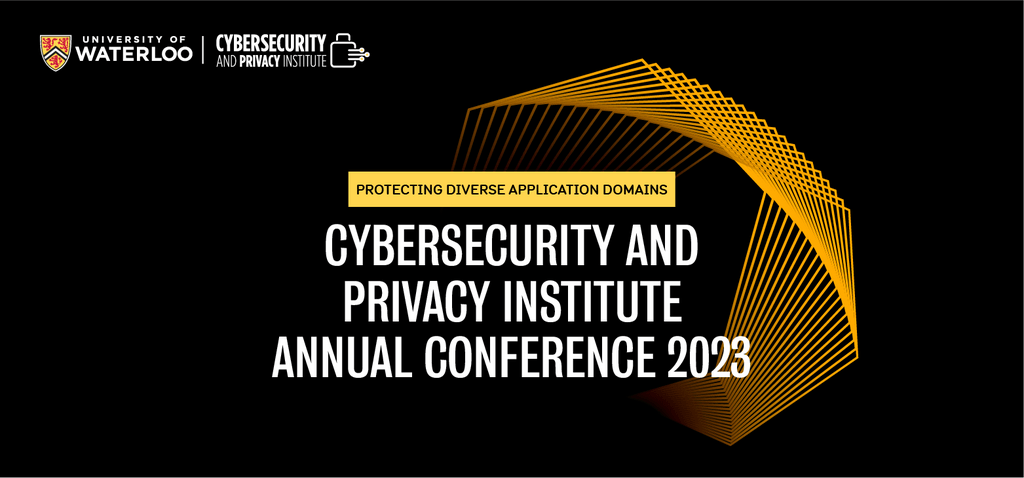CPI Talk- Digital Disinformation and Democracy
In our next CPI Talk, our hosts Bessma Momani and Shelly Ghai Bajaj discuss how disinformation flows and spreads on direct messaging and private chat applications, why they are important digital spaces to study, and the broader political and social implications of disinformation.





